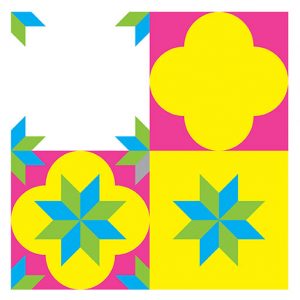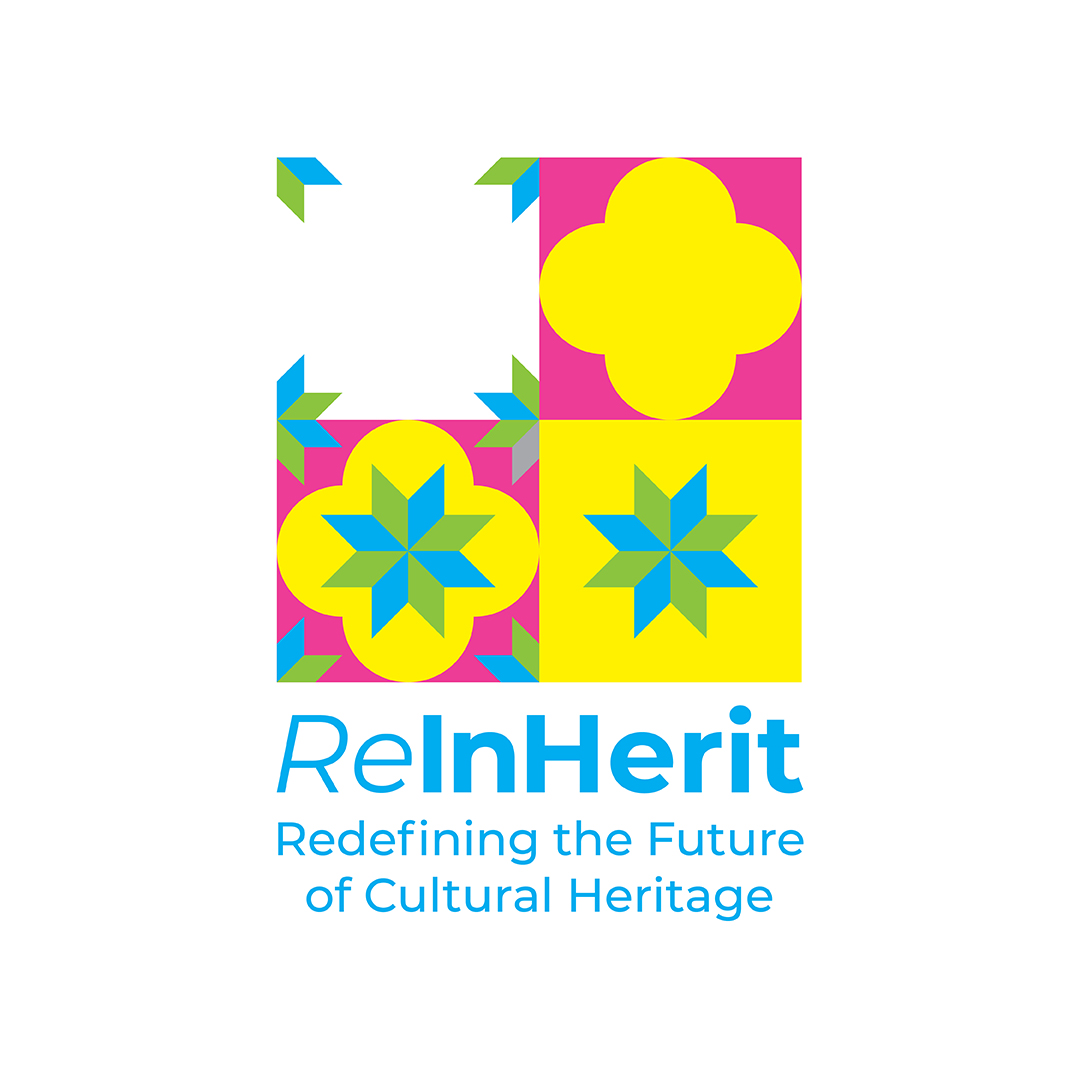
The overall objective of ReInHerit is to create a model of sustainable heritage management, which will foster a digital dynamic European network of heritage stakeholders.
This model will be based on a digital cultural heritage ecosystem in which all the stakeholders (museums, heritage sites, policy makers, professionals and communities) will be provided with the tools and resources to communicate, experiment, innovate and disseminate European cultural heritage.
The proposed digital cultural heritage ecosystem will provide innovative technological solutions for the creation of a digital dynamic European network, which can be defined as a digital cultural heritage ecosystem.
This ecosystem is characterized by symbiosis, openness and networking, and shaped by various sociocultural factors (economy, politics, technology, public authorities, researchers, heritage professionals, netizens, media etc.).
The aim of this digital cultural heritage ecosystem is to achieve the following objectives:
Objectives of ReInHerit
Create a model of sustainable heritage management, which will foster a digital dynamic European network of heritage stakeholders.


